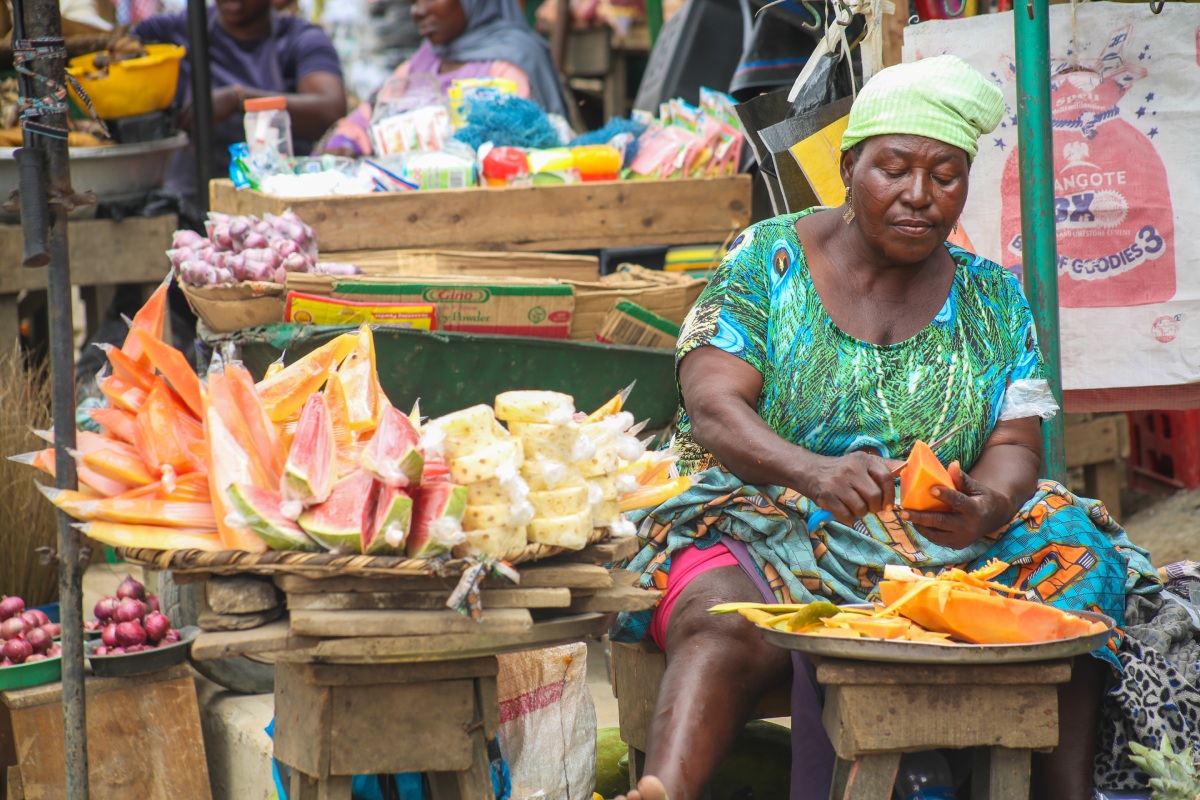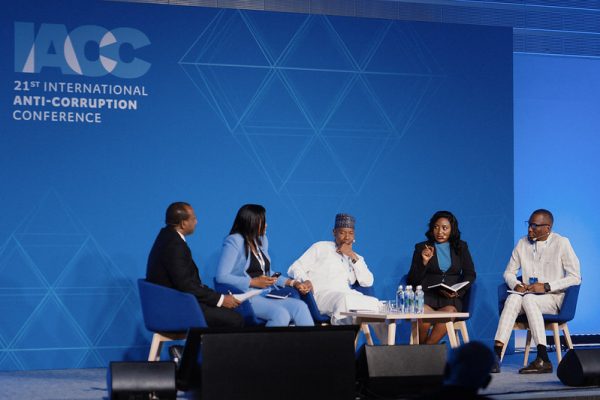At the 2024 International Anti-Corruption Conference (IACC) in Vilnius, Lithuania, experts discussed how corruption and discrimination hinder marginalised communities worldwide – including women, children, persons with disabilities, and LGBTQI+ communities – from accessing services, seeking justice and exercising their political and civil rights.
“Corruption has become part of our daily lives and this mostly affects marginalised communities,” said Brigitte Chelebian, founder of Lebanese-based Justice Without Frontiers, highlighting the challenges faced by vulnerable groups in Lebanon. Their condition has only been exacerbated by the country’s poor economic conditions, she noted, adding that while laws to fight corruption exist in Lebanon, they are not universally applied.
“Fighting corruption can be possible when laws are implemented to end impunity. We are working to raise awareness among the people and teach them how to report cases of corruption,” pointed out Chelebian.
Lebanon was ranked 149th out of 180 countries in Transparency International’s 2023 Corruption Perceptions Index.
For example, one social factor can quickly exacerbate another. When judges and lawyers recently went on strike, women were unable to access justice for domestic abuse and other forms of violence, according to Chelebian.
“There is no provision in the budget to cover…healthcare, electricity, and infrastructure…the funds have been diverted to personal purses,” she said. “Millions of dollars have been spent on electricity, but we don’t have any. It has become very expensive, a luxury for most people because we have a corrupted government.”
This situation is not unique to Lebanon. Such embezzlement of funds intended for public infrastructure and social services is endemic in many developing countries in Africa and Asia.
Im Norin, director of programs at Transparency International Cambodia, stated that corruption has been a tool for politicians to enrich themselves and maintain power. Cambodia was ranked 158th in the Corruption Perceptions Index.
Echoing Chelebian, Norin agreed that discrimination in access to public services, even those as basic as electricity, disproportionately affects those from poorer economic backgrounds.
This has led to a generational shift where young people in marginalised communities are eager to tackle corruption, despite facing personal risks and retaliation from authorities. However, “their parents are also scared of the risks their children may face if they engage in anti-corruption activities against the government,” Norin noted.
And in Nigeria, rising unemployment and worsening economic conditions have left many people, especially from marginalised communities, facing severe hardship. Anger is growing. Corruption among key government officials has led to widespread calls for reforms and improved economic conditions. The monthly minimum wage of 30,000 naira (about US$20) has not changed since 2019. Labour unions have embarked on strike actions, pushing for an increase to a US$330 minimum wage, while the government offers 60,000 naira (about US$40). Negotiations have stalled.
Chelebian noted that corruption in Nigeria has put many poor families in difficult situations, forcing them to push their children to work and bring money for the family.


